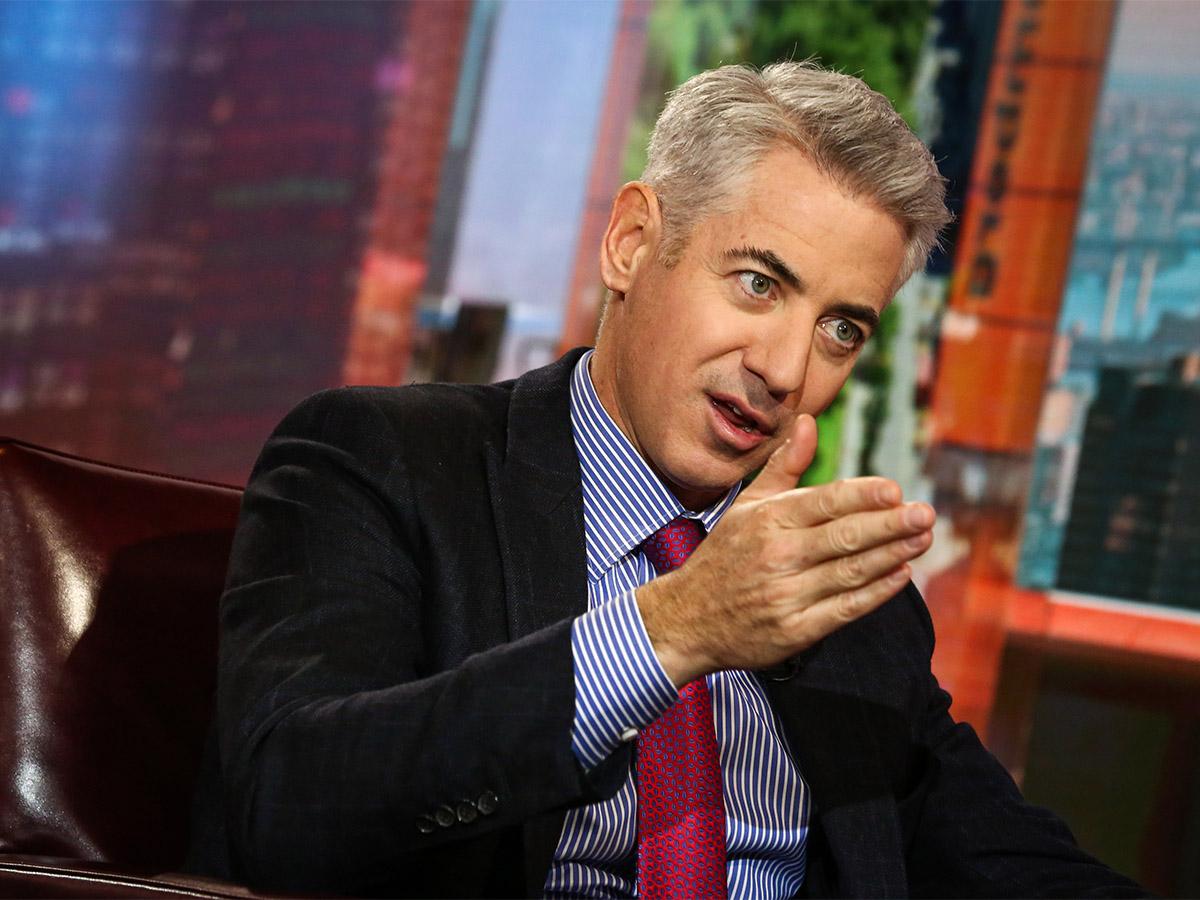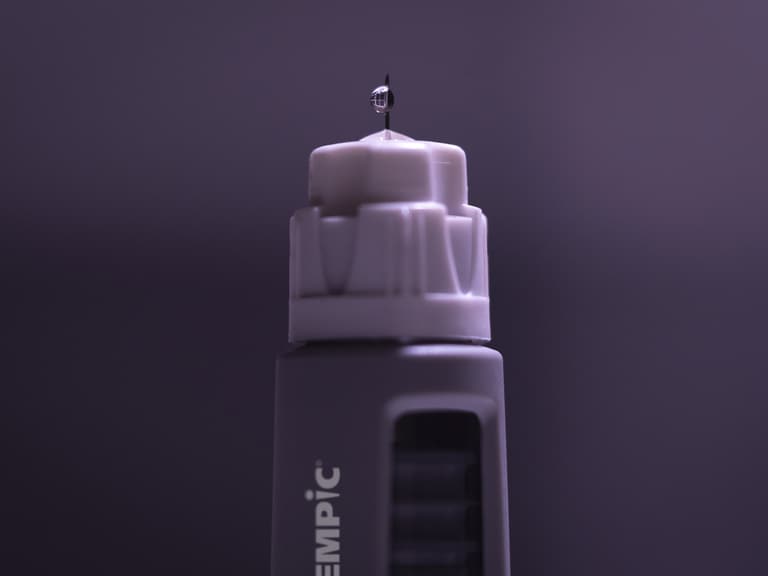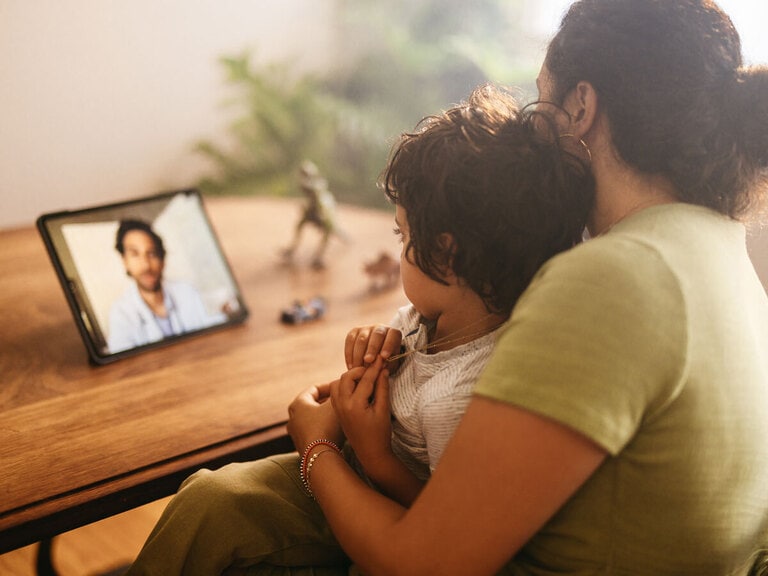Bill Ackman’s Pershing Square nets $2.6 billion in profit from the coronavirus crash. Now he’s ploughing it into US equities, but is this the right move?
At the start of March, billionaire Pershing Square founder Bill Ackman warned that 'hell was coming'. That hell was the coronavirus and its impact on US markets.
In anticipation, Ackman laid out $27 million for credit protection on both high yield and investment-grade bonds, betting that companies would struggle to pay back debt.
$27million
Amount laid out by Ackman for credit protection
This not only shielded the hedge fund from the worst of the recent market volatility, but netted $2.6 billion when Ackman cashed in that bet - money he promptly ploughed into US equities.
Why the change of heart? In a letter to investors, the previously bearish Ackman said he believed the US government was 'all-in' on reviving equity markets, anticipating the US government's announcement of a $2.1 trillion stimulus package.
“We became increasingly positive on equity and credit markets last week, and began the process of unwinding our hedges and redeploying our capital in companies we love at bargain prices that are built to withstand this crisis, and which we believe will flourish long term,” Ackman wrote.
What has Bill Ackman's Pershing Square bought?
Among Pershing Square's new portfolio additions is Burger King-owner Restaurant Brands International [QSR]. Fast-food is often seen as recession-proof as customers look for cheaper eats. And once the lockdowns are over diners might be swapping out restaurant dining for a whopper meal.
Hilton was another pick up. The hotelier's share price had crashed over 42% this past month as investors feared for the travel industry. At one point Ackman warned that Hilton's share price could 'go to zero' if there was no government intervention. Now Ackman is betting on a recovery.
Ackman also piled back into Starbucks. He had previously sold his stake in the coffee chain in February, banking a 73% profit from the company's expansion into China. With outlets reopening in the middle kingdom, Ackman has bought in at a X% discount off Starbucks’ [SBUX] 52-week high.
Other investments include Warren Buffett's Berkshire Hathaway [BRK] and DIY retailer Lowe's [LOW].
How does Ackman compare against other hedge fund managers?
Bill Ackman's quick-footedness stands in contrast to Ray Dalio, the founder of the world’s largest hedge fund. The FT reports that Dalio’s Bridgewater Associates saw its Pure Alpha hedge fund lose 14% from the start of the year to 18 March, while a higher risk version of the fund lost 20% in value. As the FT points out, Dalio has a self-styled image of an ‘economic soothsayer’ but got it wrong this time.
“We did not know how to navigate the virus and chose not to because we didn't think we had an edge in trading it. So, we stayed in our positions and in retrospect we should have cut all risk.”
“We did not know how to navigate the virus and chose not to because we didn't think we had an edge in trading it. So, we stayed in our positions and in retrospect we should have cut all risk” - Ray Dalio
Hedge funds are pitched to make money in the majority of market conditions. While most managed to weather the initial impact of the coronavirus on the markets, the majority are now nursing deep losses. The FT points to numbers from Hedge Fund Research, which show that hedge funds were down 8.6% in March and over 10% for the year.
What’s Bill Ackman’s long-term play?
What's notable now is that Ackman - who confessed to being bearish in January - has removed all hedges from his portfolio. Investors could see this as a vote of confidence in equity markets. However, Ackman has urged caution, saying that he may well place hedges on his positions depending on market volatility.
“We may also choose to reestablish similar or different forms of hedges or raise more cash based on developments with the coronavirus and other market factors. In other words, we are more likely to have higher portfolio turnover in this environment.”
“We may also choose to reestablish similar or different forms of hedges or raise more cash based on developments with the coronavirus and other market factors. In other words, we are more likely to have higher portfolio turnover in this environment” - Bill Ackman
Continue reading for FREE
- Includes free newsletter updates, unsubscribe anytime. Privacy policy





